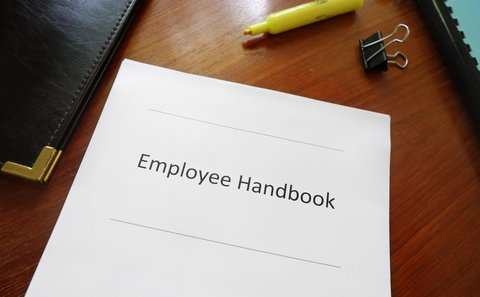 What do you do when a worker shows up drunk or stoned? The possibility of this happening at your company is nothing new (alcohol intoxication didn’t even diminish during Prohibition), but with the growing number of states permitting marijuana use for medical or recreational purposes, the possibility is even greater now. You want a safe workplace, you want the work to get done right, but you have to be concerned about an intoxicated employee and the legal ramifications.
What do you do when a worker shows up drunk or stoned? The possibility of this happening at your company is nothing new (alcohol intoxication didn’t even diminish during Prohibition), but with the growing number of states permitting marijuana use for medical or recreational purposes, the possibility is even greater now. You want a safe workplace, you want the work to get done right, but you have to be concerned about an intoxicated employee and the legal ramifications.
Crisis management
Faced with an impaired worker, what do you do? It’s advisable to establish business practices to follow before anything happens:
- Decide on your company’s drug policy. Does state law permit you to adopt a zero tolerance standard (most do)? (Do you want such a standard; some businesses don’t.) If you don’t have a zero policy, who determines impairment (e.g., a manager’s observation)? Will you test for alcohol and drugs?
- Determine whether termination is warranted. Firing a worker for pot use may be discriminatory (see below). It may be preferable instead to talk with a worker about the impairment or send a worker home. However, you can discipline a worker for poor job performance, even if this is the result of an impairment.
- Consider offering drug counseling options where appropriate. Does your insurance cover this? Can you make referrals to drug counselors and rehabilitation centers?
- Check your insurance policy. Make sure that your proposed business practices do not run counter to insurance coverage (you don’t want to tolerate certain drug usage if accidents by impaired workers won’t be covered). No workers’ compensation benefits will be paid if intoxication (by alcohol or drugs) is the proximate cause of injury or death.
Know the law
States with medical marijuana laws may also prohibit discrimination in the workplace based on marijuana use. If you terminate an employee for this reason only, you likely face a lawsuit based on discrimination. However, state law may restrict use, even for medical purposes, in certain types of jobs (e.g., health care, transportation), so you’d be within your rights in these situations to terminate an employee for marijuana use.
Note: Marijuana continues to be a controlled substance under federal law, so federal employment law protections do not come into play even for use that’s legal under state law. However, federal employment law protections apply with respect to alcohol.
The Department of Labor’s Drug-Free Workplace Advisor can help you understand the law and how to create and administer a permissible drug policy.
Consider reasonable accommodations
The Americans with Disabilities Act requires employers to make reasonable accommodations for a worker’s disability. Whether you must permit pot use by a worker who suffers from a medical disability again depends on state law. Most do not require an accommodation; some (e.g., AZ, NV, and NY) do. Of course, even if you’re not required to make an accommodation, you may choose to do so for a particular employee. Just be aware that you’re creating a precedent in your workplace.
Conclusion
Discuss your situation with an employment law attorney so you know whether your business practices are permissible. Also, stay abreast of continued legal actions regarding workplace pot use so you can adapt where necessary.


